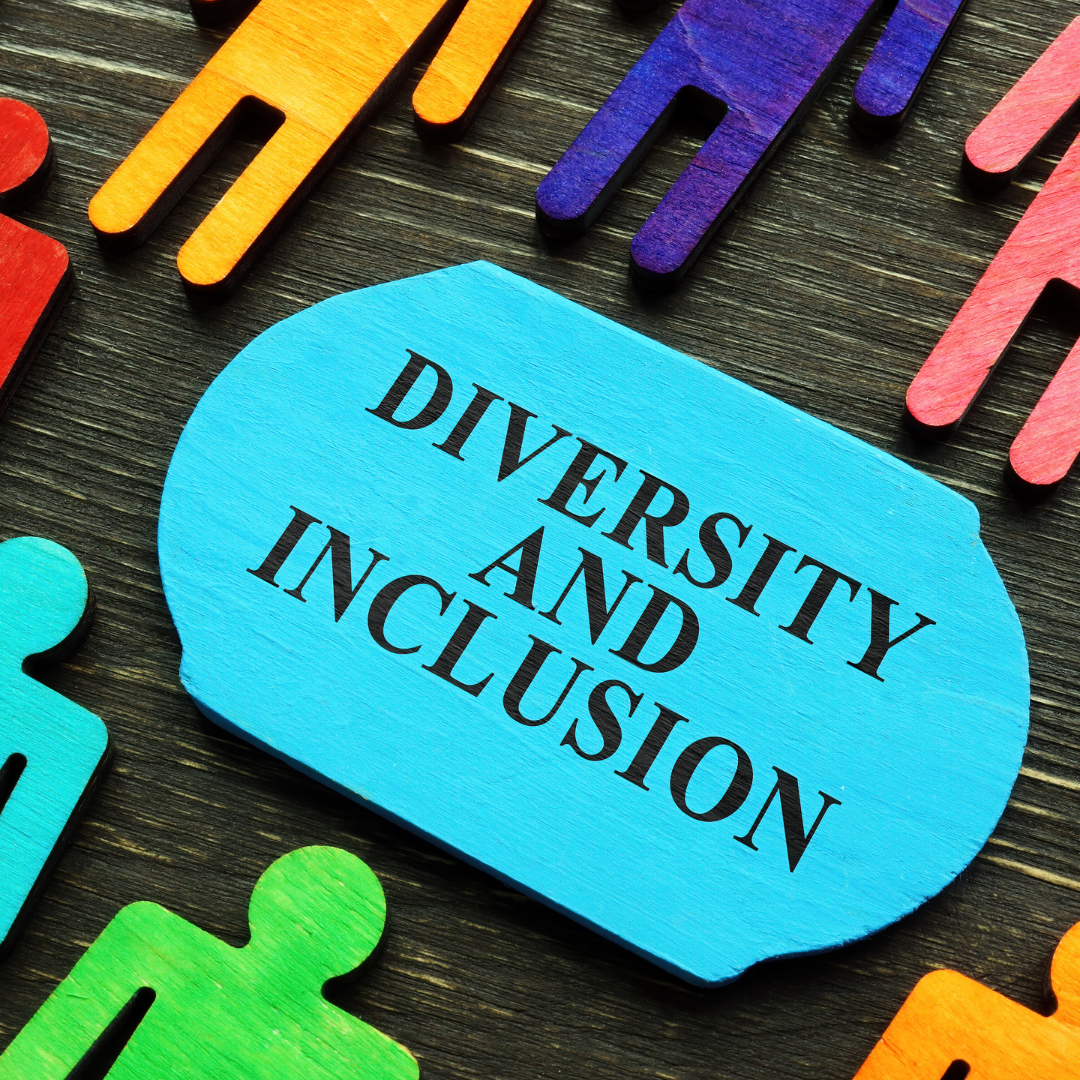There are three main factors that drive the cost and timing of an arbitration. You control one, have partial control over the second, and have zero control over the third.
Read MoreNew York’s DEI Neutral Directory One-Year Anniversary
Read More“While it is no secret that the legal field is not as diverse as the population it serves, the alternative dispute resolution (ADR) field is even more homogeneous. Clients are the decision-makers in selecting mediators and arbitrators and as such, client-driven diversity, equity, and inclusion (DEI) initiatives have the greatest potential for change.”
Read MoreNegotiators often hinder their chances of resolving cases by making mistakes prior to, and/or during, the mediation. JAMS Neutral Judge Lynn O'Malley Taylor and Rachel A. Gupta share five common mediation mistakes and offer tips on how to avoid them to maximize your chances of settlement.
Read MoreThe following are five areas where in-house counsel or their client representatives may have misconceptions about mediation. By helping to bridge this information gap, lawyers can help their companies more efficiently and effectively resolve outstanding conflicts.
Read MoreI am grateful to be featured in the #AmericanPortraitPBS Series
Read MoreThe other day, a friend of mine who is divorcing her husband said to me “The trained mediator in you is a very different person than the usually very protective friend.” I hadn’t realized it, but I had inadvertently kept my mediator hat on when talking to her about a very emotional and turbulent situation. Instead of encouraging her to make an aggressive litigation move—as the die-hard friend that I am previously would have—I was exploring whether there were other less combative ways to reach her ultimate goal of finality. As of my dearest friends, I obviously want her to find the peace that she seeks, but that she obtain it in the least traumatizing way possible for her and her kids. But after the conversation, the statement gnawed at me. It made me realize, for better or worse, the way I think about and respond to conflict has changed. I hadn’t realized until that conversation just how much that impacts who I am on a daily basis.
Read MoreThe most important thing a mediator or arbitrator can do: LISTEN.
I was reminded yesterday about a mediation I attended a few years ago as counsel where the mediator spent the day trying to convince us to explore a process to narrow the damages gap that would be expensive, time-consuming (months) and similar to something that parties had previously done without any resulting benefit. Instead of listening to our feedback and attempting to understand our concerns (or listening to what we thought the mediation's focus should be), he kept trying to persuade us. We never felt heard or respected and lost trust in the process. And worse, because we had traveled for the mediation, we felt trapped there until our train. Needless to say, the case did not settle that day. And not surprisingly, we never hired that mediator again.
In light of backlogs resulting from closures due to COVID-19, many courts are turning to presumptive ADR programs. As a result, mediation has become, more than ever, a necessary alternative to litigation. Many lawyers and clients, however, are less experienced with developing mediation strategy, which in turn impacts the potential for the parties to reach agreement. For example, mediation statements are a critical opportunity for parties to educate the mediator and help her prepare for the day of mediation. Oftentimes, lawyers do not use this opportunity as effectively as they could. The most useful mediation statement is one that: helps the mediator understand why the parties are where they are; what issues need to be resolved prior to reaching an agreement, and what is important to a party in any negotiated resolution. The following are five do’s and five don’ts to keep in mind when drafting a pre-mediation statement.
In my role as a litigator, and generally in my personal life, I have certainly been guilty of this. As a neutral, however, my default is to talk less and listen more. I cannot help the parties move towards resolution unless I first understand the issues from each party’s perspective and find ways to facilitate a mutual understanding between them. While I don't have to think twice about this in mediation, sometimes it is as though a switch turns off in my brain when I’m faced with certain types of conflict in my personal life. I am curious—how many trained conflict resolution professionals feel the same way? You have no trouble focusing on listening and understanding at work, but in your personal life, you sometimes default to listening with the intent to reply? For me, identifying my triggers and consciously working on reconditioning my reactions is a good lesson and reminder that people respond differently when confronted with different types of conflict.
Read MoreAs a mediator, I encourage parties to keep an open-mind and to try and think about the issues in dispute from their adversary’s perspective. The goal being to have them realize that the issues aren’t as black and white (or right and wrong) as they would like to think. This enables the parties to move away from their posturing and start considering available solutions. But when one party simply won’t budge and refuses to see their adversary’s strengths and/or is blind to their own weaknesses, there is only so much a mediator can do, regardless of her talent. If one party can only see one right outcome, that often leaves little room for a negotiated agreement unless the other party agrees to bend to the will of the stubborn.
Read MoreAs a current mediator who had for years also been litigation counsel representing clients in mediation, I have noticed that there may sometimes be a disconnect between what mediators and litigators each expect from mediation and from each other. These differences can potentially limit the chances of a successful negotiated resolution. From selecting the right mediator for a particular case, to preparing a useful mediation statement, attorneys can help maximize the chances of a successful mediation by considering the following five principles.
Read MoreThis quote summarizes, in my opinion, an attribute that separates successful mediators from the rest of the pack. I realized years ago during my first mediation training that to be a valued mediator meant I needed to stop acting like a lawyer and never act like a judge. Over the years, I watched very successful litigators-turned mediators struggle with this mindset. They treated the mediations like depositions—identifying the issues they wanted to discuss, leading the parties where they wanted to go, and ignoring feedback from the parties to the contrary. In mediation, however, the parties must lead the way. Only by listening to the parties can the mediator help them identify what issues must be discussed to reach resolution and whether common ground may exist for a negotiated outcome. It’s not about what agreement the mediator thinks is the right outcome, but rather, helping the parties negotiate an agreement the parties believe is fair.
Read MoreWhen faced with threatened or filed litigation by current or former employees, many companies never consider alternatives to expensive protracted litigation. Instead, companies insist that they will never settle and will litigate for as long as necessary. The rationale behind this “no settlement” policy is supposedly to deter additional employee litigation. The reality is, however, that this internal policy may not prevent or minimize the instances of litigation. Moreover, these companies do usually settle prior to trial, but often only after years of legal expense and potentially damaging discovery. Accordingly, a blanket “no settlement” policy may not be in the best interests of the company’s bottom line. There are three instances where companies should put aside their instinct to litigate and explore mediation.
Read MoreWith more business disputes expected to arise in the aftermath of this pandemic, the courts more backlogged than ever, and jury trials unlikely for the foreseeable future, online mediation has quickly become an essential part of dispute resolution. But the uncertainty around how the process works can make many party representatives, and even some outside counsel, uncomfortable going down this road. This guide will help you prepare your clients for a successful online mediation.
Read More















